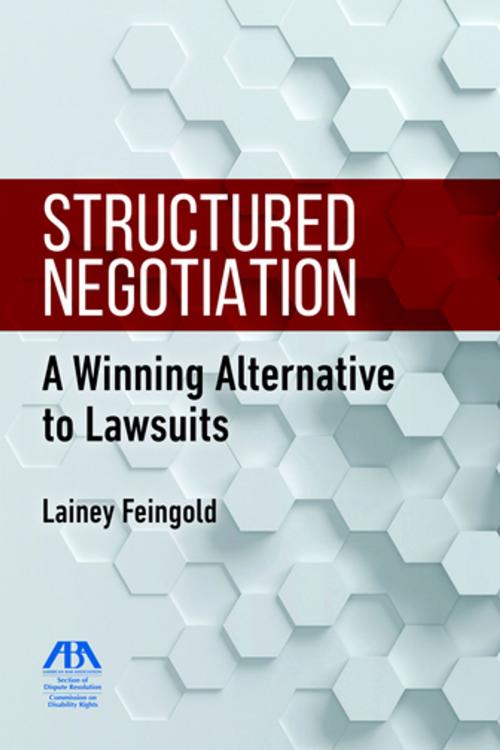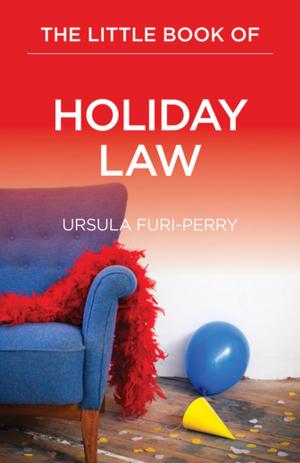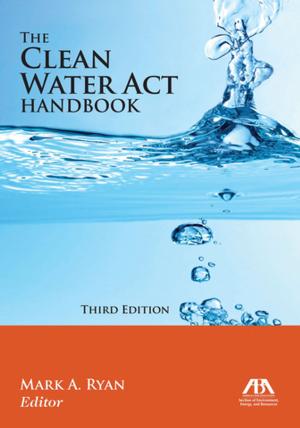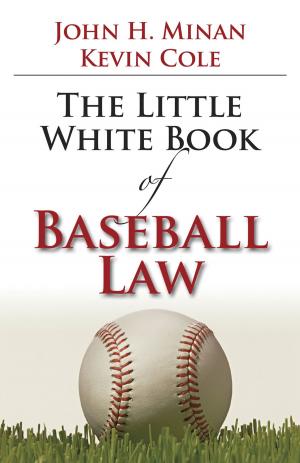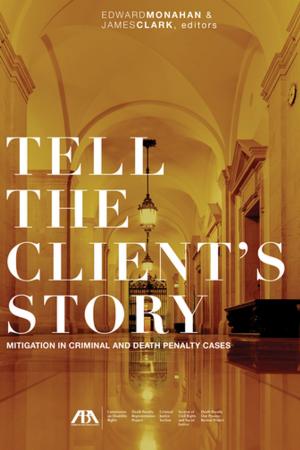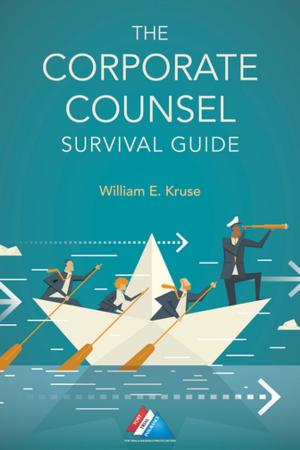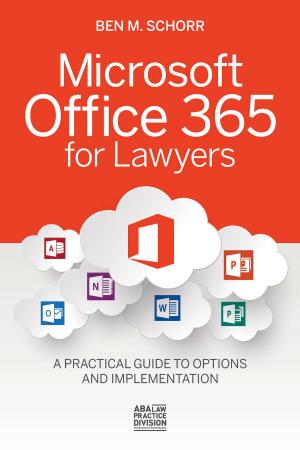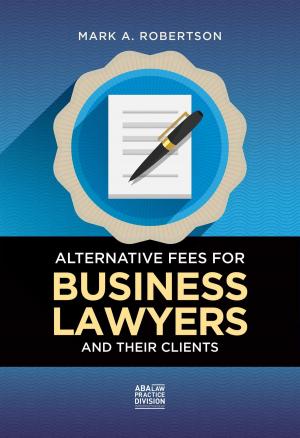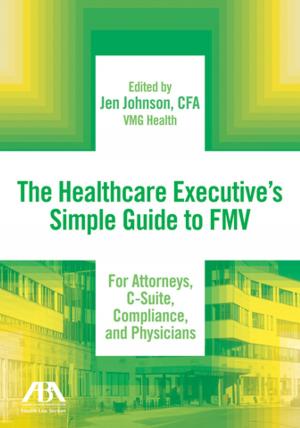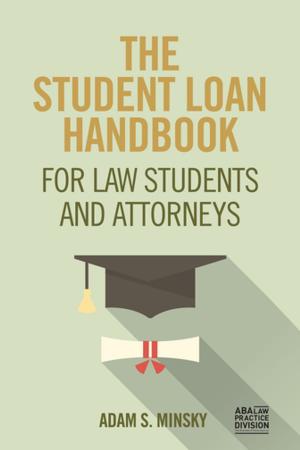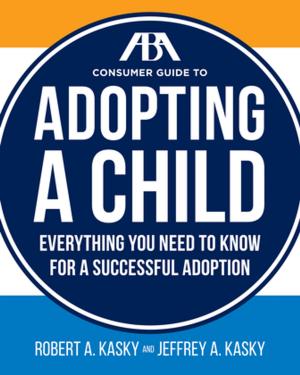Structured Negotiation
A Winning Alternative to Lawsuits
Nonfiction, Reference & Language, Law, Disability, Alternative Dispute Resolution, Civil Rights| Author: | Lainey Feingold | ISBN: | 9781634255455 |
| Publisher: | American Bar Association | Publication: | August 11, 2016 |
| Imprint: | American Bar Association | Language: | English |
| Author: | Lainey Feingold |
| ISBN: | 9781634255455 |
| Publisher: | American Bar Association |
| Publication: | August 11, 2016 |
| Imprint: | American Bar Association |
| Language: | English |
Without lawsuits, Structured Negotiation has led to settlement agreements with Bank of America, Walmart, CVS, Major League Baseball, Anthem, Weight Watchers, and a host of other organizations. Settlements with the City and County of San Francisco, Houston’s Metropolitan Transit Authority, and Massachusetts General Hospital demonstrate the process is also a viable litigation alternative for disputes in the non-profit and public sector.
Lawsuits play an important role in moving society forward. But the legal profession — and the public it serves — deserve less costly, less stressful, and more cooperative alternatives. Clients need a forum where stories matter and they can feel heard. Would-be defendants need a process that allows them to do the right thing without having to first prove there is no problem to begin with.
Readers will learn:
How to write an opening letter that invites participation;
How to establish ground rules;
How to hold collaborative meetings and bring in experts without discovery battles;
How to give clients a meaningful role that respects their expertise and builds relationships.
Without lawsuits, Structured Negotiation has led to settlement agreements with Bank of America, Walmart, CVS, Major League Baseball, Anthem, Weight Watchers, and a host of other organizations. Settlements with the City and County of San Francisco, Houston’s Metropolitan Transit Authority, and Massachusetts General Hospital demonstrate the process is also a viable litigation alternative for disputes in the non-profit and public sector.
Lawsuits play an important role in moving society forward. But the legal profession — and the public it serves — deserve less costly, less stressful, and more cooperative alternatives. Clients need a forum where stories matter and they can feel heard. Would-be defendants need a process that allows them to do the right thing without having to first prove there is no problem to begin with.
Readers will learn:
How to write an opening letter that invites participation;
How to establish ground rules;
How to hold collaborative meetings and bring in experts without discovery battles;
How to give clients a meaningful role that respects their expertise and builds relationships.
